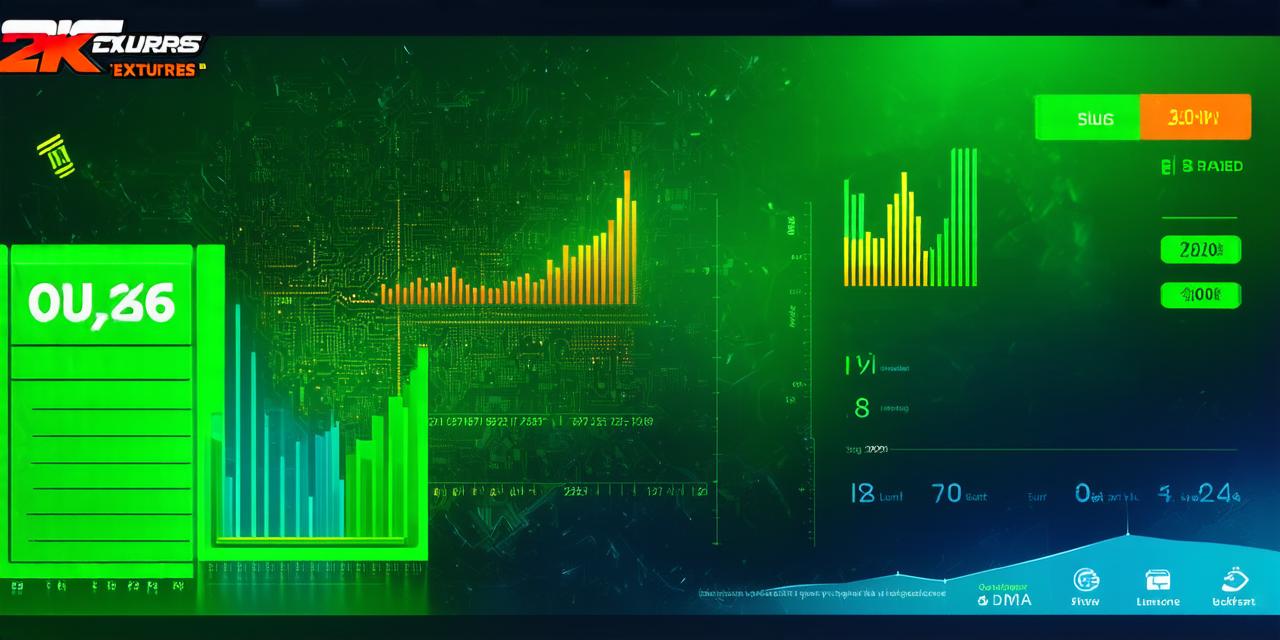Step 1: Identify Your Skills and Interests
The first step towards starting a career in video game development is to identify your skills and interests. What areas of game development are you most passionate about? Are you interested in programming, art, design, or testing? Once you have identified your skills and interests, you can start learning more about the specific roles within the industry that align with them.
For example, if you have a passion for coding and enjoy problem-solving, then a career as a game programmer may be suitable for you. Similarly, if you are an artist with a flair for creating visually stunning games, then a role in art or design may be more fitting. If you love testing games and enjoy finding bugs and glitches, then a career as a quality assurance tester could be the perfect fit for you.
Step 2: Learn the Basics
Once you have identified your skills and interests, it’s time to start learning the basics of game development. There are many resources available online that can help you get started, including tutorials, videos, and blogs. You can also enroll in online courses or attend workshops and conferences to learn more about the industry.
For example, if you are interested in programming, you can start by learning programming languages such as C++ or Python. If you are interested in art, you can learn software such as Photoshop or Maya. If you are interested in testing, you can learn how to use tools such as JIRA or Unity.
Step 3: Build a Portfolio
As you gain more experience and skills in game development, it’s important to start building a portfolio of your work. Your portfolio should showcase your best work and demonstrate your ability to apply the skills and knowledge you have gained. This will help you stand out from other candidates when applying for jobs in the industry.
For example, if you are an artist, you can create concept art, character designs, or levels. If you are a programmer, you can create simple games or modifications to existing games. If you are a tester, you can record bugs and glitches in games and provide feedback on how they can be fixed.
Step 4: Find Internships and Entry-Level Jobs
Once you have built your portfolio, it’s time to start finding internships and entry-level jobs in the industry. There are many opportunities available for students and recent graduates who are interested in game development. You can search for these opportunities on job websites such as LinkedIn or Glassdoor.
For example, if you are a student, you can look for internships with game studios in your area. This will give you the opportunity to gain hands-on experience and learn more about the industry. If you are a recent graduate, you can apply for entry-level jobs such as game programmer, artist, or tester.
Step 5: Network with Industry Professionals
Networking is an essential part of any career, and video game development is no exception. Attend game conferences and workshops to meet other professionals in the industry. Join online forums and groups dedicated to game development to connect with like-minded individuals. This will give you the opportunity to learn from others and gain insights into the industry.
For example, you can join online forums such as Reddit’s r/gamedev or GameDev.net. You can also attend game conferences such as E3 or GDC to meet other professionals in the industry.
Step 6: Continuously Learn and Improve

The video game industry is constantly evolving, and it’s important to continue learning and improving your skills to stay competitive. Attend workshops and conferences, read books and articles, and take online courses to learn more about the latest trends and technologies in game development.




